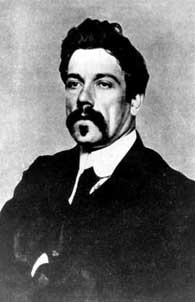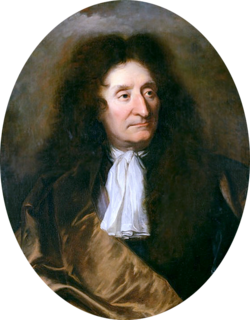A Quote by Francois de La Rochefoucauld
The blindness of men is the most dangerous effect of their pride; it seems to nourish and augment it; it deprives them of knowledge of remedies which can solace their miseries and can cure their faults.
Related Quotes
When people get frustrated, it's when they feel they are living in a context that deprives them of dignity, deprives them of justice and deprives them of the freedom to realize their full potential, and that to me is what the Arab awakening was all about. I think it applied to every country, and so I have been an unmitigated supporter of it.
The Christian religion, [Pascal] claims, teaches two truths: that there is a God who men are capable of knowing, and that there is an element of corruption in men that renders them unworthy of God. Knowledge of God without knowledge of man's wretchedness begets pride, and knowledge of man's wretchedness without knowledge of God begets despair, but knowledge of Jesus Christ furnishes man knowledge of both simultaneously.
One of the greatest and also the commonest of faults is for men to believe that, because they never hear their shortcomings spoken of, or read about them in cold print, others can have no knowledge of them. GEORG CHRISTOPH LICHTENBERG, The Reflections of Lichtenberg We are often more agreeable through our faults than our good qualities.
There are five dangerous faults which may affect a general: recklessness, which leads to destruction; cowardice, which leads to capture; a hasty temper, which can be provoked by insults; a delicacy of honour, which is sensitive to shame; over-solicitude for his men, which exposes him to worry and trouble.

































